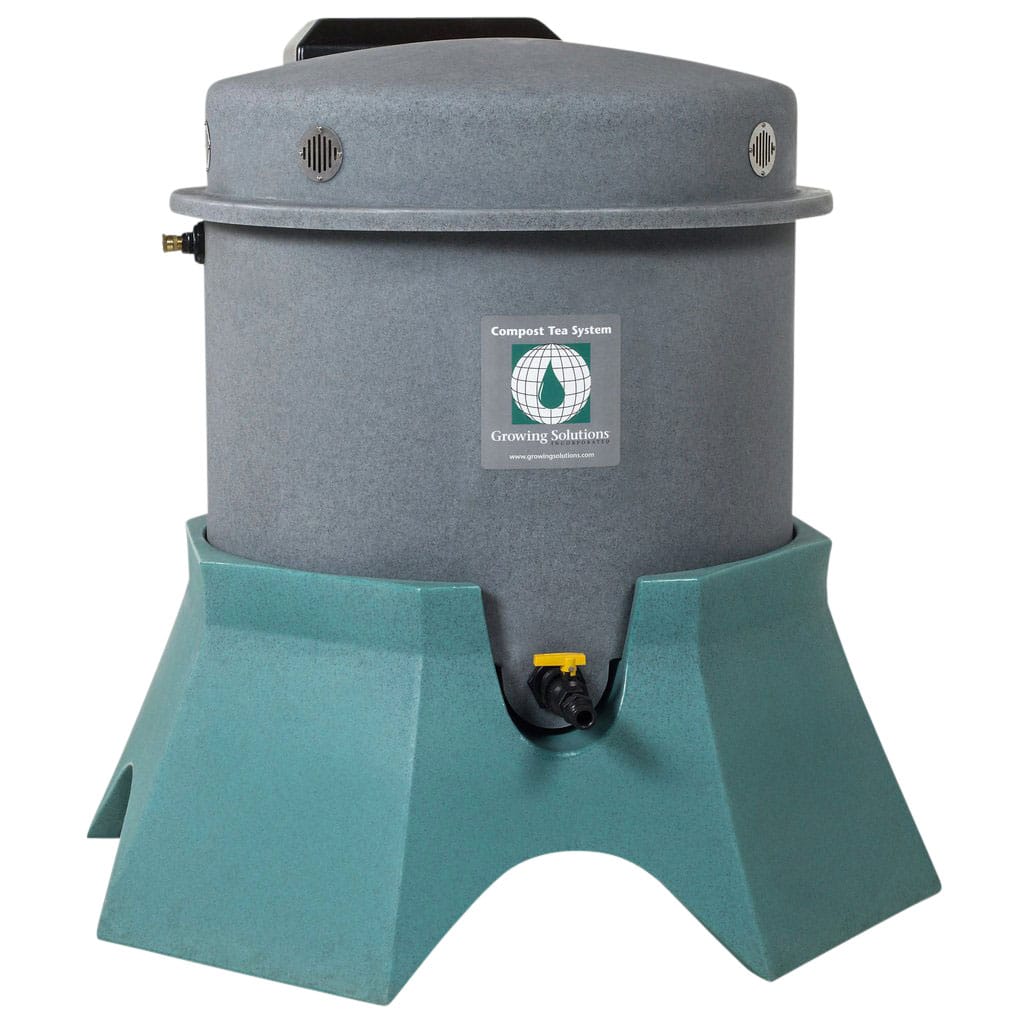- HOME
- ALL PRODUCTS
-
PEST CONTROL
- Aphid Control
- Azalea Lace Bug Control
- Beetle Control
- Brown Marmorated Stinkbug Control
- Caterpillar Control
- Codling Moth Control
- Earwig Control
- Flea Control
- Fly Control
- Fungus Gnat & Shore Fly Control
- Gall Midge Control
- Grasshopper and Cricket Control
- Leafhopper Control
- Leaf Miner Control
- Mealybug & Scale Control
- Mite Control
- Psyllid Control
- Thrips Control
- Whitefly Control
- Wireworm Control
- Weevil Control
-
DISEASE CONTROL
- Bacterial Disease Control
-
Fungal Disease Control
- Alternaria Control
- Anthracnose Control
- Botrytis Control
- Downy Mildew Control
- Fusarium Wilt Control
- Leaf Spot Control
- Monilinia Control
- Powdery Mildew Control
- Phytophthora Control
- Pythium Blight Control
- Rhizoctonia Control
- Root/Crown Disease Control
- Sclerotinia Control
- Thielaviopsis Control
- Verticillium Wilt
- SUPPLIES
- RESOURCES
- BLOG
- ABOUT



